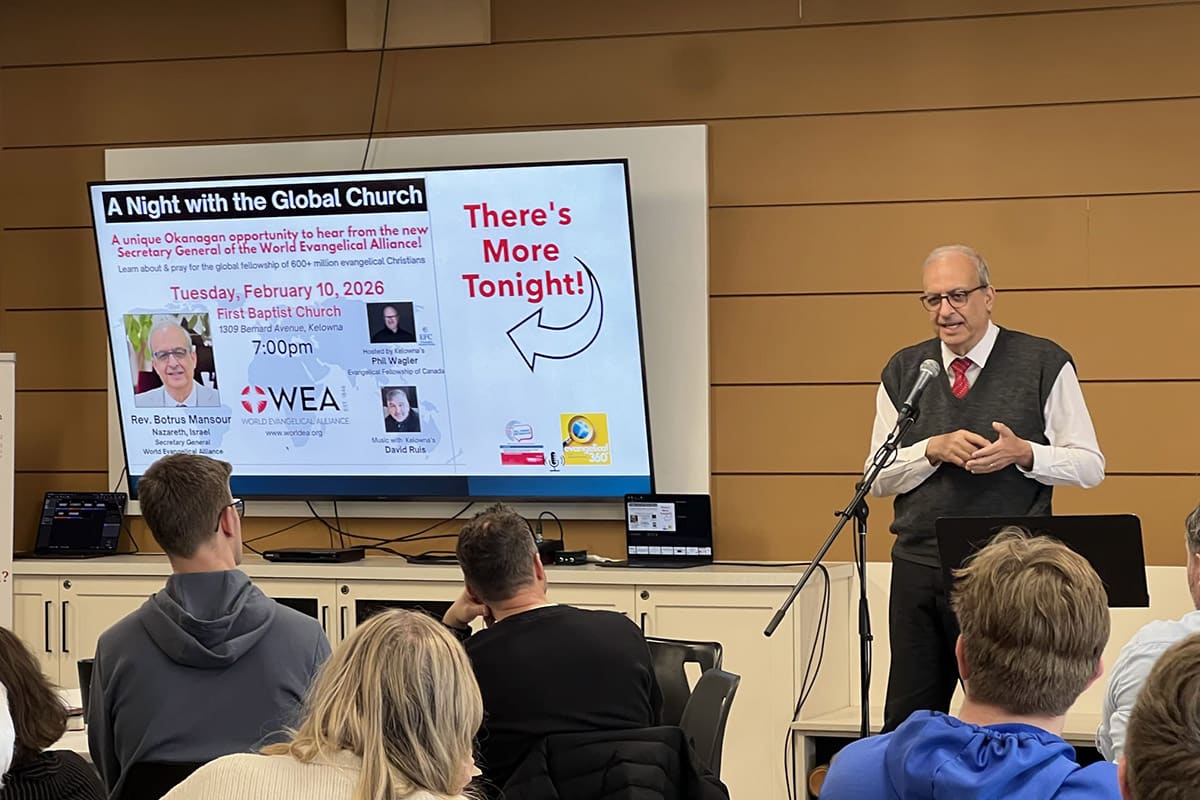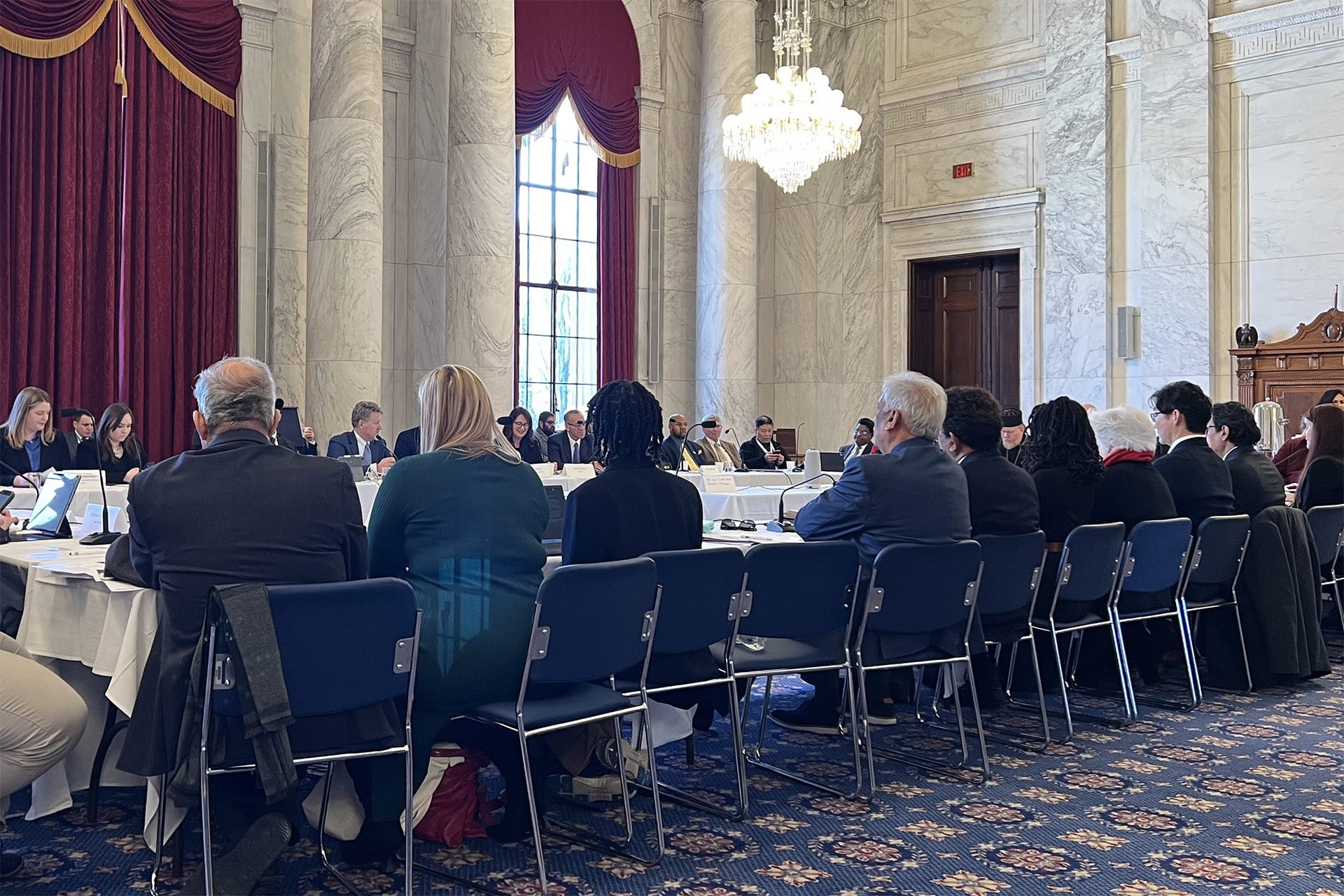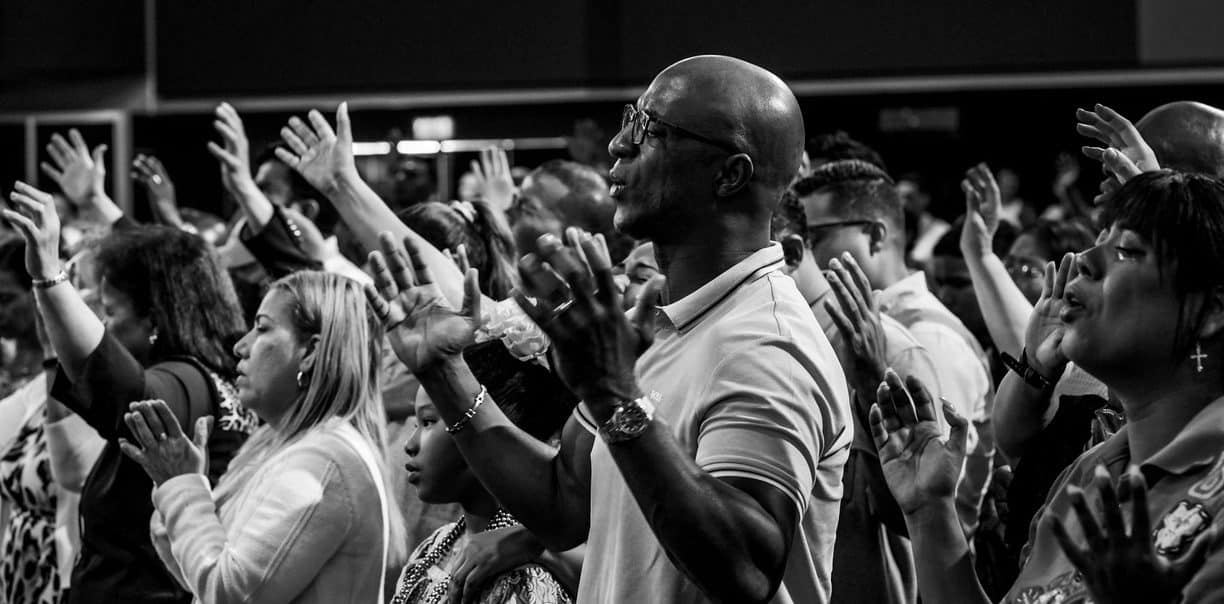
The World Evangelical Alliance (WEA), in collaboration with member and partner organizations, played a pivotal role in representing evangelical voices at the recently concluded COP28 in Dubai. Evangelical leaders emerged from the conference with a renewed commitment and inspiration to assist the global evangelical community in caring for the precious gift of God’s creation and recognizing humanity’s shared responsibility for our common home.
Many important agreements were slated to be negotiated at COP28, including the first Global Stocktake determining whether countries, and the global community as a whole, are fulfilling the commitments they made in 2015 in Paris at COP21. The Paris Agreement’s commitments aim to limit the global temperature increase to well below 2 degrees Celsius, while pursuing efforts to limit the increase to 1.5 degrees. The WEA lauds this aim, understanding that it will contribute to the flourishing of humanity and of all God’s creation.
COP28 saw the successful negotiation of significant agreements by UN member states and the launch of many other climate initiatives, programs, and funds by governments, businesses, and coalitions of the willing. Notable among these was the inauguration of the Loss and Damages fund, which was achieved on day one of the conference, setting the hopeful tone that pervaded the remaining two weeks of COP28.
“The World Evangelical Alliance looks forward to collaboratively working toward achieving the goals and objectives agreed at COP28,” said WEA Secretary General Thomas Schirrmacher. He emphasized the WEA’s commitment to advocating for solutions that effectively address the urgent challenges posed by the climate crisis and to fostering a shared commitment to this crucial cause.
Among evangelical leaders attending COP28 celebrating the conference’s achievements, there is a sober acknowledgment of the challenges that remain. During discussions with delegates, Ben Richards, a climate scientist and joint leader of YWAM Scotland’s Creation Care Hub, observed that “the prevalent theme was the stark realization that unprecedented weather events, such as heavy rain or drought, are markedly different from what previous generations had known, and are severely impacting farmers and communities.” Richards added, “It is clearly hard for negotiators to balance each nation’s different situation with the overall need to rapidly and fairly reduce emissions.” But he expressed the hope that limiting global warming to 1.5 degrees Celsius would prevent climate impacts from becoming much worse than what the world is already experiencing.
“The WEA heard loud and clear the objections of our Pacific and Small Island brothers and sisters who stated, in the closing plenary, that the Global Stocktake process failed them,” said Chris Elisara, co-director of the WEA Sustainability Center. James Bhagwan, General Secretary of the Pacific Conference of Churches, underscored this point after the closing plenary, stating, “Our Pacific and Small Islands States negotiators have held the line and spoken truth to power. In order to maintain the 1.5-degree limit, which is the difference of life and death for Pacific and Small Island people, we need a just transition away from fossil fuels.” Bhagwan continued, “This COP revealed the major influence of the fossil fuel industry on negotiations. It is clear that the UN Framework Convention on Climate Change (UNFCCC) is failing the most vulnerable and least responsible. We need a fossil fuel phaseout that is funded, fair and fast.” Even though the negotiators’ collective efforts produced unprecedented forward movement in the Global Stocktake, the agreement ultimately fell short of decisively delivering the necessary framework and actions required to phase out fossil fuels in a just and timely manner and thus avoid more serious impacts.
To bridge the gap and go beyond the commitments made in COP28, the WEA acknowledges the necessity for sustained efforts and collaborative action from all stakeholders. This involves continued advocacy for a just and equitable phaseout of fossil fuels, the championing of ambitious environmental policies, heightened engagement in global discussions by evangelicals, and the prompt implementation of practical measures to reduce carbon emissions and accelerate adaptation. Recognizing the responsibility of the evangelical community in addressing these challenges, the WEA commits to intensifying its collaboration with Christian practitioners, including but not limited to A Rocha, Plant with Purpose, the Evangelical Environmental Network, and Bread for the World. The WEA will leverage its existing programs and networks, such as the WEA Sustainability Center, Renew Our World, and the Lausanne/WEA Creation Care Network, while also pioneering new programs and initiatives. The WEA further pledges to work alongside all actors of goodwill to actively protect and preserve God’s creation.





Stay Connected